I was taught how to write at an early age. In grammar school, I was very anxious and would get paralyzed when I had to write anything. My mom sat me down and showed me how to structure any piece of writing. The classic, “Say what you’re going to say, say it and then say what you said.” In other words, introduction, development, and conclusion.
Mom started me out by helping me write outlines for my writing. Once I had the basic ideas organized, I could expand on them on my own, with less anxiety. Mom would then edit my writing with me. That’s how I learned about style and sentence structure. Writing began to come easily to me.
By the time I was fifteen, I was helping Mom edit articles and books that my father, Abram Kardiner, was writing for psychiatric and anthropological publications. My dad was never a clear and concise writer. At this point, he was in his mid-seventies and was even less focused and coherent than before.
Dad tended to write in a confusing stream of consciousness. Ideas just tumbled out in random order. He often buried the lead sentences explaining his premise, deep in the fourth or fifth paragraphs. He often went off on tangents for pages and pages, losing the thread of his thesis along the way. He had brilliant and innovative ideas. But you had to hunt for them and they weren’t always presented in the best way.
Mom and I would take his material and break it down into a detailed and sequential outline for him. Dad resisted us at every turn. He somehow felt that we were trying to get him to ‘write down’ to a more mass audience when he was aiming his writing at high-level academics in his fields. We argued that all writing has to be comprehensible, regardless of the audience. He would grudgingly go along with us.
We would go over the outline with him meticulously. He would take it and go off to do a rewrite. He would stick to the outline for a few paragraphs if we were lucky. But then he would end up off on another rambling polemic. We never succeeded in improving his writing and he didn’t publish much after this point.
Many years later, I had another opportunity to help someone hone their writing skills. This time with better results. My first husband, Larry, was a brilliant litigation attorney. Part of his job was producing coherent and above all else, persuasive written arguments on behalf of his clients.
Larry had the same problems organizing his thoughts as my dad had. His arguments meandered, got muddled and lost emphasis and clarity. He was all over the place. This became a serious issue at work. It took him forever to get his writing done and he was never satisfied with the end product.
One day I was home sick from my own legal job. Larry was struggling with a pro bono criminal brief and was frustrated. I told him to leave his draft with me for the day so I could work on it. This was before computers. I spent the day literally cutting and pasting his brief into a whole new document. I added a few connective sentences here and there, but all the necessary material was already there.
Larry was very impressed with the document that I came up with for him. He was surprised to see how I had created a totally different result simply by rearranging and consolidating his material. A light bulb went off in his head. Unlike my father, he ‘got it’.
His writing improved. He was also smart enough to study the writing of two very good legal writers in his law firm. One of them had been a speechwriter for Bobby Kennedy in the 1960’s. The two men had very different styles and Larry forged his own style by adapting what he liked from both men.
Larry became an excellent writer. One of the best in his law firm. In one major brief he wrote, he started each section with a relevant quote from Shakespeare. Brilliant! The judge in the case, who was a Harvard Law School graduate, was so blown away, he wrote Larry a letter. He told Larry his brief was the best the judge had ever read!
Quite a compliment for Larry, and obliquely for me as his original writing tutor.
So I succeeded in teaching one person how to be a good writer. Or I at least set him on the path to becoming one. I was very proud of Larry and of my accomplishment. It meant a lot to me because of my struggles with my dad’s writing. I guess one out of two isn’t a bad record.


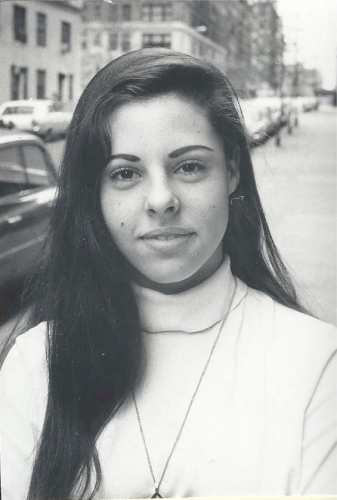
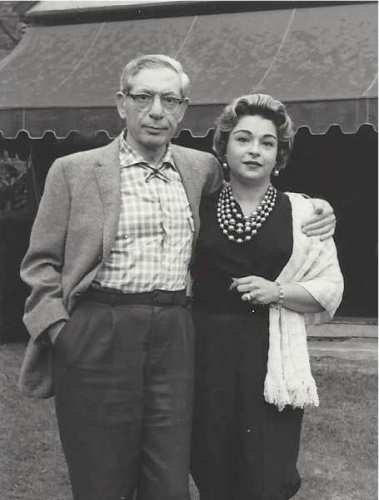
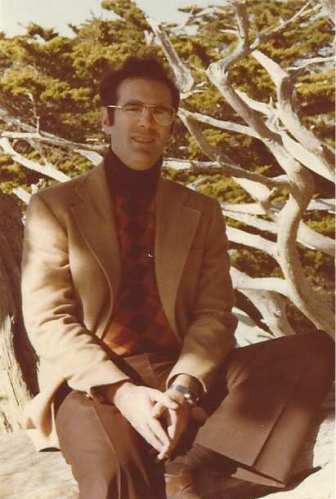
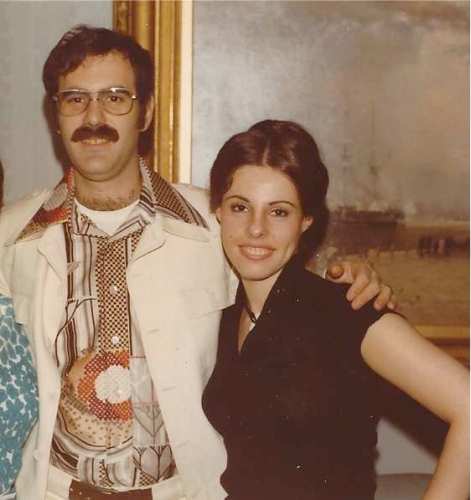
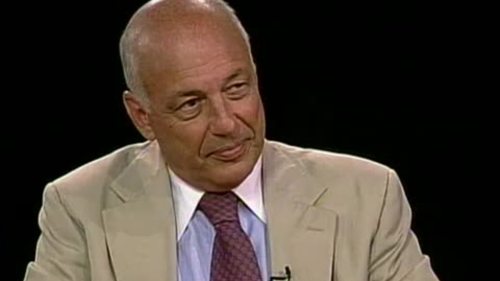

 ENGLISH AIN’T EASY
ENGLISH AIN’T EASY  IF IT WORKS, IT IS WHAT IT IS
IF IT WORKS, IT IS WHAT IT IS  WRITING IS…
WRITING IS…  BLOGGING: NOT ROCKET SCIENCE?
BLOGGING: NOT ROCKET SCIENCE?
Wow, Ellin, I love the photos and learning about some of your personal history…I already know what a wonderful writer you are!
LikeLike
Ellin, you and your mom made a good team to help your father with his writing.
Leslie
LikeLike
We finally had to give up trying with my Dad. He either couldn’t or wouldn’t follow our lead, even when we gave him very detailed outlines of what to say, how to say it and in what order. His mind just went off in different directions, which made him very creative but unable to follow an outline! And unable to construct a coherent piece of writing.
LikeLiked by 1 person
HIs talents lay in different directions. That’s why you made such a good team.
LikeLike
A lovely post. Sharing your talent and teaching other a wonderful accomplishment.
LikeLiked by 1 person
It’s gratifying teaching a willing student. It’s frustrating to try to teach an unwilling student. I was surprised that my ex husband turned out to be such a good student of writing. I guess he was motivated because it effected his career. My father just couldn’t be bothered going over what he had already written. to him, it was the ideas that were important, not how they weere expressed.
LikeLiked by 2 people
You’re spot on. A student has to be willing to be guided.
LikeLike
Ellin, I thoroughly enjoyed this piece about your journey as a writer. I particularly appreciate your honesty – “the work in progress and discovery” phases of honing your craft. It’s usually a long journey and you’re always learning if you want to evolve and stay fresh.
I don’t think I was taught (although I was certainly aided by teachers across the years) writing. Mom insisted on good penmanship. But that’s a different matter. I think I learned from various writers – a spectrum of writers. Spillane, Hemingway, Fitzgerald, etc. I hopelessly copied styles as a young writer. Some of my work in college is embarrassing in retrospect. So much purple prose. I would blush if you replayed some of my “early” attempts at radio drama. But you have to try and fail if you’re gonna grow. The college radio station was a great opportunity for me to experiment and grow as a writer. Ultimately, I learned to write as I talked. Conversational without too many stinkin’ adjectives. I always knew when I was “milking” a piece. Those fatuous adjectives were dead giveaways.
I still enjoy writing – when contributing to Marilyn’s blog (Yes, I should contribute more). I usually write about celebs, stories covered, old friends (Like You and Tommy) and family memories. My “book” is still sitting, waiting and waiting.
Ellin, thanks for this one. We’re off to the Cochlear implant surgeon.
LikeLike